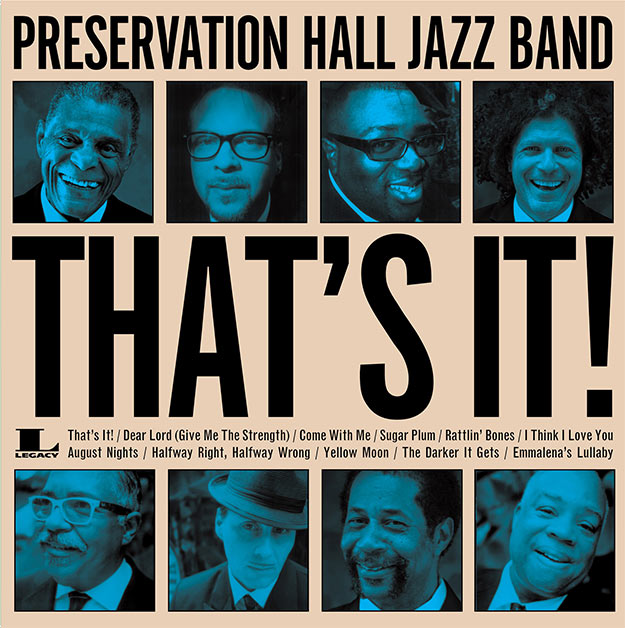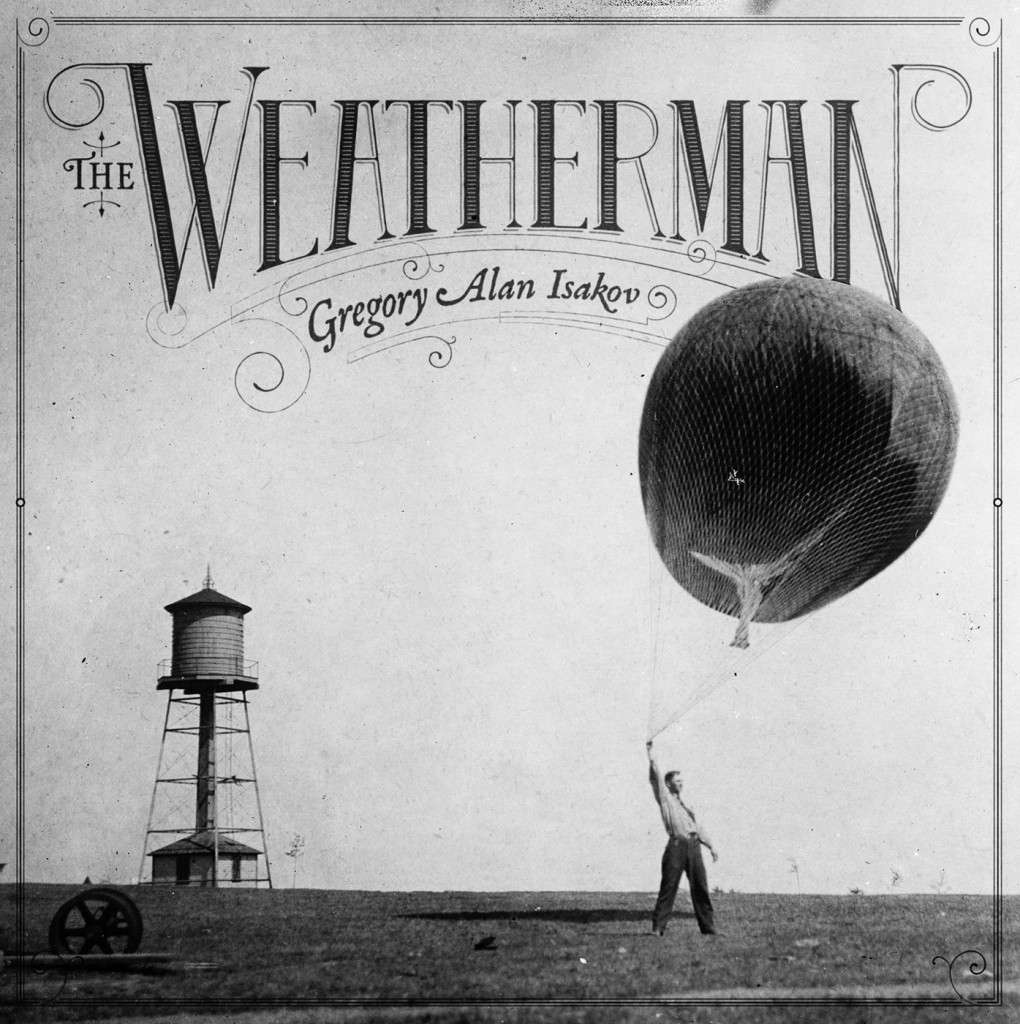Sky Ferreira
Night Time, My Time
Here’s a litmus test for Night Time, My Time: on “Nobody Asked Me,” Sky Ferreira, summoning up a wealth of frustation, lets go of any attempt to hit some ideal of songwriting greatness, ending the title line “I’ll try to ask you / but nobody asked me / if I was okay” with a string of shouts: “NoNoNoNo / NoNoNo!” Does that sound like a passionate external criticism, or internal-microscope narcissism? “I Blame Myself” follows this with “How could you know what it feels like / to be outside yourself?” The three-song run that comes next (“Omanko,” “You’re Not the One,” and “Heavy Metal Heart”) cements, through Ferreira’s straight confident vocals and Ariel Rechtshaid’s production of rapid, punchy drum machines and bleeding, repeating guitar riffs (familiar to, but exceeding his work on Haim’s Days Are Gone) NTMT as easily the best pop album this year. The internal/external problem threatens: the tabloid-esque “news” surrounding Ferreira’s debut release is relevant in some ways (DIIV’s Zachary Cole is an influence, but not a guiding one; some of Ferreira’s frustration can be traced to years of rejected songs and albums by her label), but no more than a distraction everywhere else. But it’s Ferreira’s studio collaborations, not contractual limitations, that matter in the end, and make NTMT a first album that sounds more like a third or fourth.
Baby Cages
I’m So Sorry
Nova Scotia native Halloway Jones’ solo debut is so musically sparse and tense, it’s unsettling to sit through. Jeremy Costello’s gritty and bare-bones atmospheric production fills out the rest of this moody and dreamlike record, I’m So Sorry. The heartfelt grief and sadness expressed on the tracks “Sorry Love” and “Heaven” seep through the speakers and follow you around even after you’ve stopped listening to the record, haunting your every step. On “No Good,” Jones discusses alienation and paranoid thoughts about acceptance within a group of friends, singing, “and your friends all think you’re bad / they don’t want you around / they hate to see you comin’ around / they love to see you gone.” With barely audible vocals and fuzzed out guitars, Jones croons to the listener through the extremes of dark and light, terror and comfort, hope and despair. It’s only fitting that the last track on the record is entitled “Twin Peaks.” The title of the track references the eerie 1990s television program created by David Lynch and Mark Frost. However, the way Jones whispers the lyrics and Costello compiles sonic pulses is enough to evoke feelings of excitement and terror even without the reference.
Preservation Hall Jazz Band
That’s It!
New Orleans is the greatest musical form on earth. Nola isn’t a city or a tourist attraction. It’s a hybrid of all North American ideas, distilled to a nice 45 proof. And really, the only way to judge a city is by its music. Preservation Hall Jazz Band’s That’s It! is a snapshot of the New Orleans style. It’s impossible to listen to this album without thinking of it as a pinnacle of cultural form. The tracks are a peephole into the entire moving history of New Orleans orchestration. You don’t hear one group playing on this record, you hear a kaleidoscopic avalanche of musical themes from hundreds of years of musical refinement. But this music isn’t classical. It’s the dialectical balance between classical and folk tradition; jazz in its true form. A musical style that works like all good things do, as a balance between one dichotomy and the other. Put down your bottle of True Blood, and check out tracks like “Rattlin’ Bones” for a better idea of what New Orleans tastes like. “I Think I Love You” would work well at your next hipster party, but the harmonies in the chorus and the saxophone bridge solo will infect any cynical heart. This record is “Halfway right, Halfway wrong,” like the examined life, like good jazz, like blues and like funk: living in the space between, sliding up to peek at human creativity.
Gregory Alan Isakov
The Weatherman
Gregory Alan Isakov is a folk singer, through and through. Listening to his music is like peering into his soul. Anybody who watched television last Christmas and saw the McDonalds commercial with a couple moving into an apartment would recognize his song “Big Black Car.” That was a song off his previous album. Isakov’s slow elegance remains consistent through his newly released The Weatherman. His low, uniquely warm and tender voice is what really elevates the music. It’s the perfect bonding pair with candlelight. The album encompasses 13 tracks, seven of which form the backing for three others that are great, and three more that are just wrenchingly lovely. “O’ City Lights,” “Astronaut,” and “Suitcase Full of Sparks” fit into this second group. The common element among them is that they are Isakov at his finest: each song has room to breathe within the album’s atmosphere. With “The Universe,” there’s just magnificence in its metaphoric meaning. “Honey, It’s All Right” is simpler. It’s more direct. But it offers peace of mind for people going through a certain period in their lives. Then the album finds it’s way to the end with “She Always Takes It Black” – slowed to the point that it’s almost spoken word, the way Isakov ends the lines, the toned down guitar and lonely piano, the sensitive lyrics, the impending end, it all adds up to something greater than I can portray.





